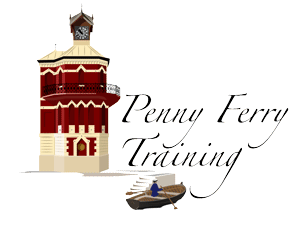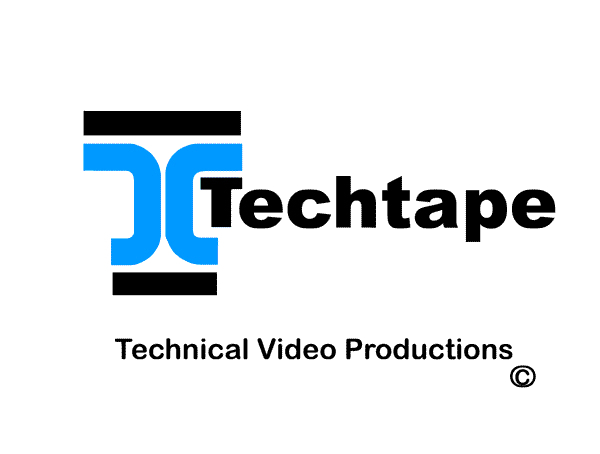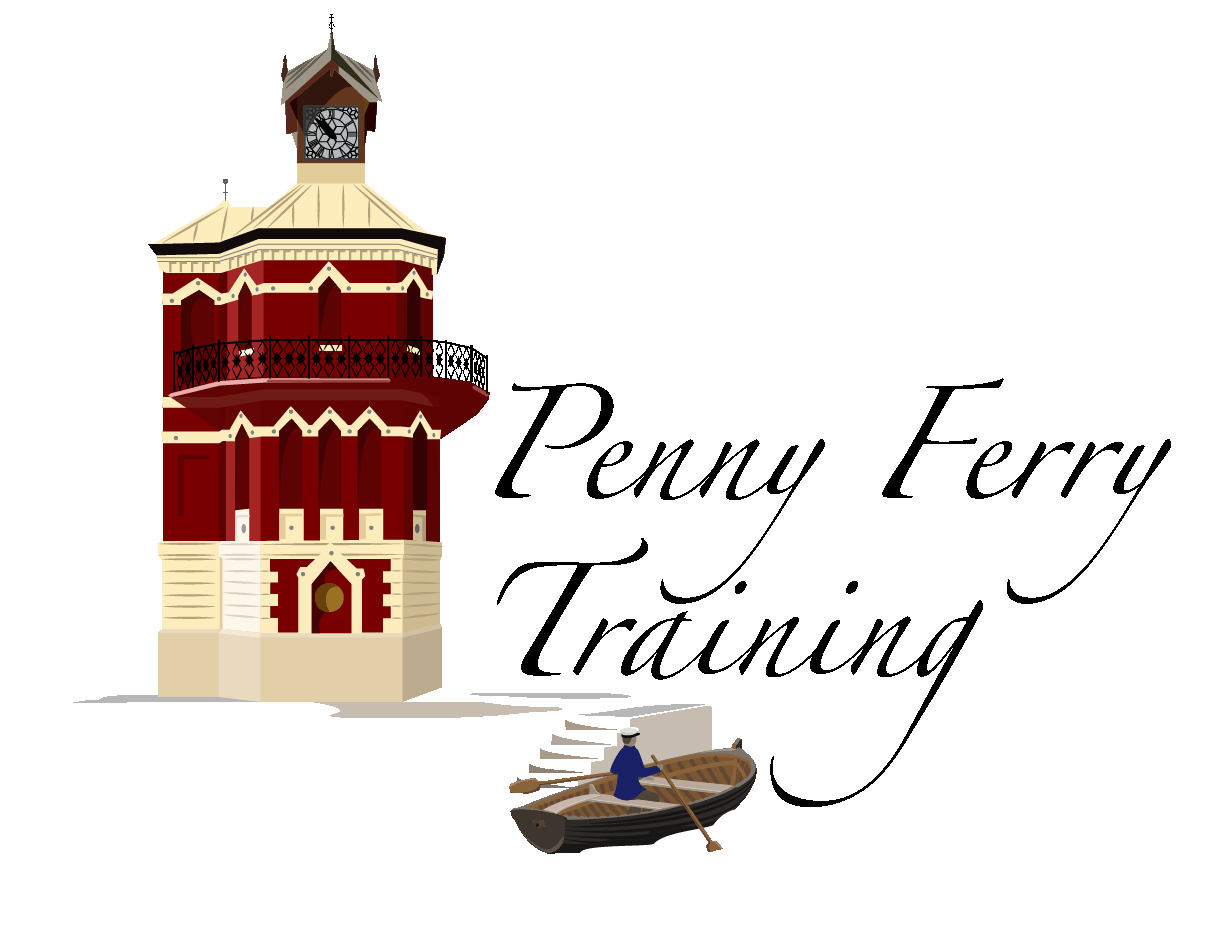
 The Practical Welding Course is the largest of its kind in the world, and consists of both the Theoretical and Practical aspects necessary to train welders up to a "coded welder" standard.
The Practical Welding Course is the largest of its kind in the world, and consists of both the Theoretical and Practical aspects necessary to train welders up to a "coded welder" standard. The other important aspects that the welder needs to know, like Joint Preparation and Fit up, follow on from the basics - all essential to producing good welds.
After several Modules addressing actual welding of joints, the welder is taken through numerous other related modules about Metallurgy, Defects, Inspection and Testing and so on.
There are 19 Modules to be covered in total, with an average time of about 6 weeks to complete. Some learners will grasp it sooner, others may take longer. Most important is to Practice and Practice until an expert.
 This
course is aimed at Welding Inspectors and Quality Control
Personnel, but is also extremely useful for Welders, Workshop Supervisors,
Managers and Laboratory Technicians to understand as well.
This
course is aimed at Welding Inspectors and Quality Control
Personnel, but is also extremely useful for Welders, Workshop Supervisors,
Managers and Laboratory Technicians to understand as well.
Understanding of the welding process is essential is one is going to monitor quality and soundness of welds. Inspection and testing is an inherent part of the welding process in any fabrication facility, workshop or site. It is more cost effective to spend time inspecting and testing welds through a structured Quality Control System, than it is to repair defective welds after the event.
These modules also form part of the Welder Training for specific Welding Processes, as it is necessary for welders to know and understand the Quality Requirements for welded structures, and how they are monitored, controlled and tested.
There are 13 Modules of the following topics and subjects:
- Introduction to Welding (3 Modules)
- Joint Preparation and Welding Positions (2 Modules)

- Inspection and Testing (5 Modules)
- Quality Control (3 Modules)
These above modules should be followed consecutively, and wherever possible practical examples examined and compared.
